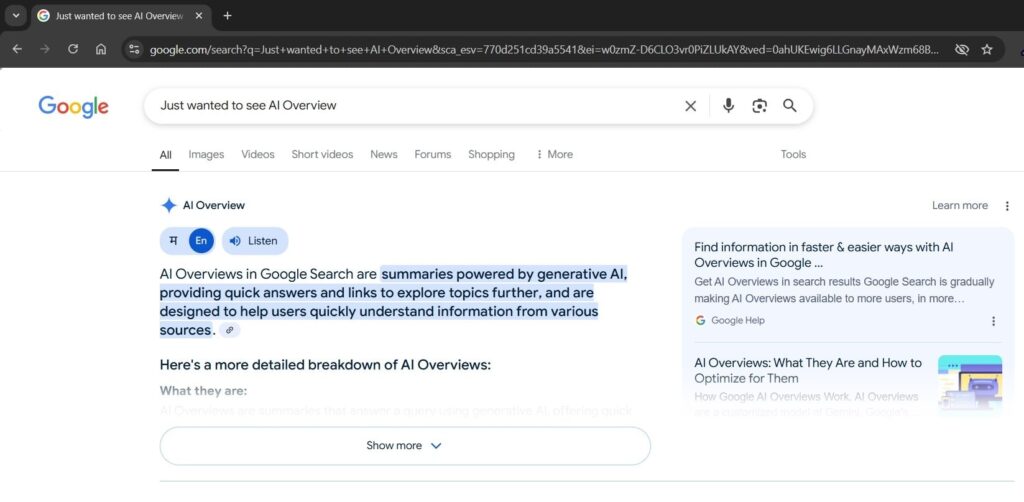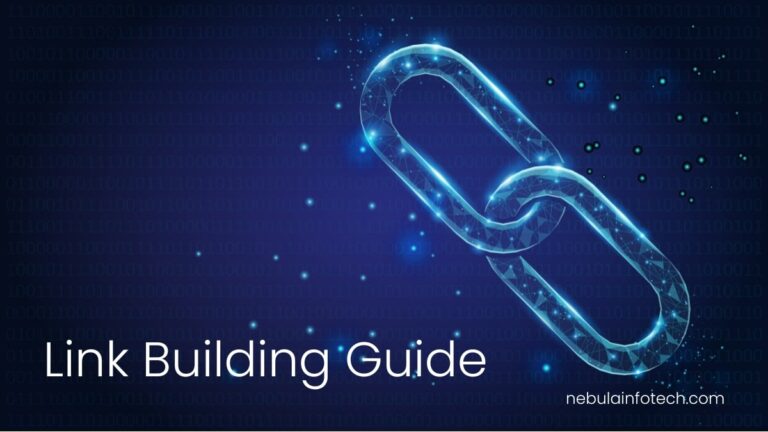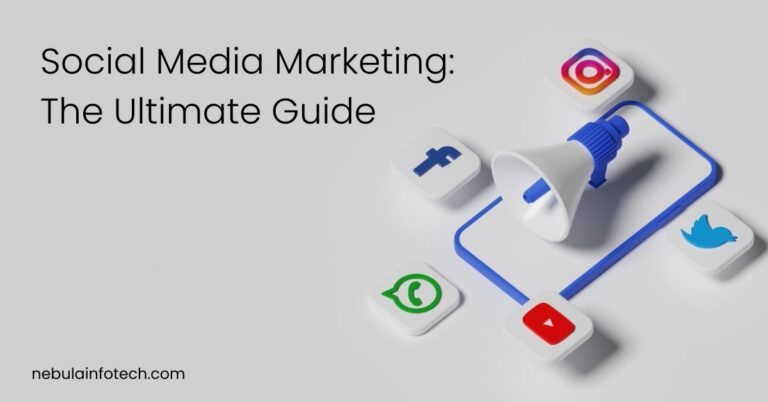AI will change digital marketing. → AI is shaping digital marketing now!
I am sure that by the time you read this article, you must have seen Google’s AI overview while searching for something on Google.

For digital marketers like me, in the last 15 years, things have changed a lot in terms of search engine optimization (SEO). We kept adapting to Google’s algorithm updates, but with the evolution of AI, SEO itself has transformed significantly.
Why Optimize for AI Search
SEO is no longer about Google’s 10 blue links and pagination at the bottom of the SERP page.
For the first time in nearly a decade, Google’s global search engine market share dropped below 90%.
In October 2024, Google’s market share was 89.34%. In November, it was 89.99%, and in December, it was 89.73%.
According to the Backlinko LLC website, by February 2025, ChatGPT reached 400 million weekly active users, up from 300 million in December 2024.
This is a serious change for webmasters and website owners.
Earlier, we used to compare Google’s share among search engines, but now it’s AI vs search engines.
More and more people are searching on AI-powered conversational chatbots like OpenAI ChatGPT, Google Gemini, Microsoft Copilot, Copilot, Perplexity, Meta AI, etc. And this means a lot to digital marketers and businesses.
How AI Tools Are Replacing Traditional Search Journeys
To explain, let me share two data driven stories:
Founded in 2015, OpenAI launched GPT-1 and GPT-2 between 2018 and 2020. Then the game changer ChatGPT was launched in November 2022 which grabbed 1 million users. After just two months in January 2023, its user base hit 100 million.
As of April 2025, ChatGPT has experienced remarkable growth, with over 400 million users and counting.
Now, the second data is from the giant search engine, Google. In the final quarter of 2024, Google’s global search engine market share dipped below 90% for the first time since 2015.
I think this is enough to prove the shift from traditional search engines to AI search tools.
What AI Search Engines Look for When Ranking or Citing Content
Unlike Google and other traditional search engines, which mainly work on a set of algorithms, AI search tools use the data they are fed. Rather than just displaying a list of links, they generate direct and conversational answers.
So let’s understand the factors AI search tools consider when citing your content or ranking your website.
Authoritativeness & Trust
Like Google uses EEAT to value the content, AI uses similar signals. AI search tools prioritize credible sources. They prefer established authority in their field.
Many AI tools access APIs or databases that track backlink profiles like Ahrefs, Moz etc.
AI search tools also use “Mentions” for both brands and names to understand their relevancy to the topic. Brand mention should be the webmaster’s top priority to win the AI search optimization game.
Brand mention is not new as it has been in use by Google as well for over a decade.
Let’s understand brand mention with a simple example.
Nebula Infotech was featured in Forbes as “Nebula Infotech is a digital marketing agency.”.
While traditional SEO relies on backlinks with anchor text to establish context, AI models extract meaning from the words surrounding a mention. In this case, even without a link, AI can understand that Nebula Infotech is associated with the term “digital marketing agency” based on the context provided in the article.
Since Forbes is a highly trusted and authoritative publication, the mention carries even more weight.
Refresh Those Old School Meta Tags
Yes, you read it right, I am talking about those old school meta tags. Meta titles and descriptions might feel like old-school SEO, but they’re more important than ever. AI tools like Perplexity, Bing Chat, and Google AI Overviews pull summaries from your page.
Catchy meta titles and descriptions can help higher CTR and ultimately signal for good ranking.
Structured, Well-Formatted Content
A clear content structure helps AI to understand and quickly identify different content sections. Think of it as organizing a library. If books are scattered randomly, it’s hard for anyone to search.
AI can understand that <article> represents a self-contained piece of content, <nav> is for navigation, and <h1> is the main heading. This semantic understanding is crucial for accurate interpretation.
Try to include concise summaries at the start of pages.
Add schema markup (FAQ, HowTo, Article, etc.) to enhance visibility in AI snippets.
Credible & Citable Sources
As mentioned above in this post, backlinks are still important. To gain authority, get backlinks from reputable sites. Publish expert content on respected external platforms. Ensure your content includes clear authorship, bylines, and proper citations.
Whenever you make a factual claim, support it with a trustworthy source. This builds reader trust and increases your chances of being cited by AI tools and knowledge engines that prioritize verifiable information.
Keep Content Updated
Like Google’s traditional SEO, AI likes fresh and updated content.
AI tools often prioritize recent, updated content when summarizing or citing. Regular updates show that your site is active and trustworthy. Updating ensures facts, links, stats, and recommendations are current, critical for accuracy-focused AI. Fresh content enhances user experience. Users trust content that reflects today’s reality, not last year’s trends. Add “Last Updated” date, if you are not using CMS like WordPress which by default adds it.
Content Tone & Language
AI tools are designed to answer in a conversational tone. Write in conversational Q&A format to match how people ask AI tools. It favors natural, easy-to-understand writing that mirrors how people actually speak and ask questions.
Short paragraphs, bullet points, and clear headers make content more usable, and AI can extract answers and match them to user intent.
Future of AI Search
Search engines are mature, but AI tools are still evolving and each one works a little differently. A few of them may eventually follow a common path, like search engines did. Others might stay unique, like social platforms with their own algorithms and behaviors.
Either way, that’s good news for digital marketers.
Until now, businesses have competed mostly for Google’s top spots. But with AI search expanding across platforms, visibility won’t be limited to one channel, more businesses will have more chances to get discovered.
Look at Google’s AI Overviews, most of the links shown still come from top-ranking pages. That means core trust factors haven’t changed.
Focus on creating value for users. If your content helps, AI tools will surface it, just like search engines always have.
I am Sunil Tarwara, a seasoned IT professional with over 13 years of hands-on experience in Website Development and Digital Marketing. With a deep understanding of the challenges faced by businesses, I have been trusted by hundreds of clients to achieve their digital goals. I have Master’s degree in Information Technology.
Apart from websites, I like hill stations.




